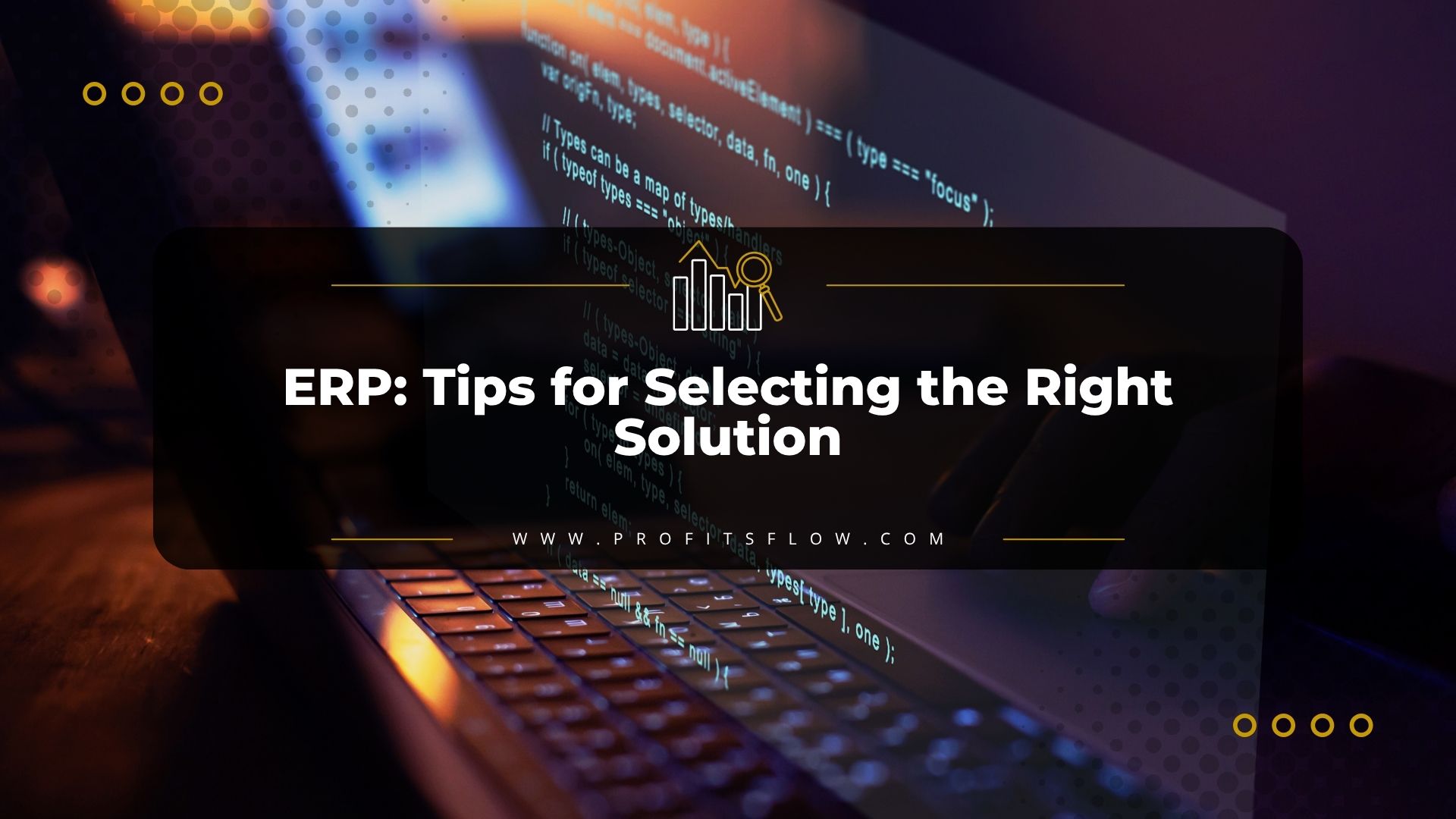Selecting ERP (Enterprise Resource Planning) is a critical decision that can reshape the way your business operates. With the right system in place, companies can streamline processes, improve visibility, and support long-term growth. But with so many options on the market, making the right choice can feel overwhelming. In this guide, we’ll walk you through some essential tips to help you confidently select an ERP solution that truly fits your business.
1)Why are you selecting ERP?
Before you begin selecting ERP systems, start by clearly defining why your business needs one. What operational pain points are you facing? Whether it’s inefficient inventory management, fragmented data, or limited scalability, understanding your goals will help you focus your search on solutions that address your specific challenges. A clear business case ensures you’re solving real problems, not just buying software for the sake of it.
2) Stakeholder buy-in
Make sure that key stakeholders from across the organisation are involved early in the process. ERP systems affect every department, so it’s essential to get input from operations, finance, IT, sales, and others. By forming a cross-functional ERP selection team, you not only gain a better understanding of organisational needs, but you also build internal buy-in that’s crucial for successful adoption later on.
3) Understand your requirements
Once your goals and team are aligned and on the same page, define your core ERP requirements. These should include both functional needs e.g., stock control, production planning, and financial reporting—and technical considerations such as deployment preferences (cloud vs. on-premises), integration capabilities, and mobile access. Prioritise your list so you can evaluate vendors based on what truly matters to your operations.
4) Industry specific ERP
Make sure to consider how well the ERP system fits your industry. Industry-specific ERP solutions often come with built-in best practices, compliance features, and workflows tailored to your field. Choosing a system that understands your industry’s nuances can reduces unnecessary customisation needs and speeds up implementation time.
5) Scalability
Scalability is another key factor to evaluate. Your ERP system should not only meet today’s requirements but also adapt as your business grows. Look for a solution that continues to produce new features and improves modules. Choosing a vendor that values customer feedback is important as well as this feedback can lead to system developments that can directly improve your business.
6) Ease of use
Ease of use can make or break the success of your ERP implementation. A feature-rich system is useless if your team struggles to use it. Choose a solution with an intuitive interface and make sure the vendor offers solid onboarding resources, user training, and ongoing support. The more accessible the system is, the faster your team will adopt it and use it to its full potential.
7) Demos
When it’s time to look at demos, go beyond surface-level presentations. Ask vendors that you are speaking with to demonstrate how their system would handle your specific workflows and scenarios. A tailored demo with your own data gives you a real-world view of how the system will function within your operations, which is far more insightful than a generic feature tour.
Selecting ERP is a journey—but with a thoughtful approach, you’ll find a solution that drives real value. If you need expert guidance to navigate the process, we’re here to help. Contact us today for a personalised ERP consultation.
